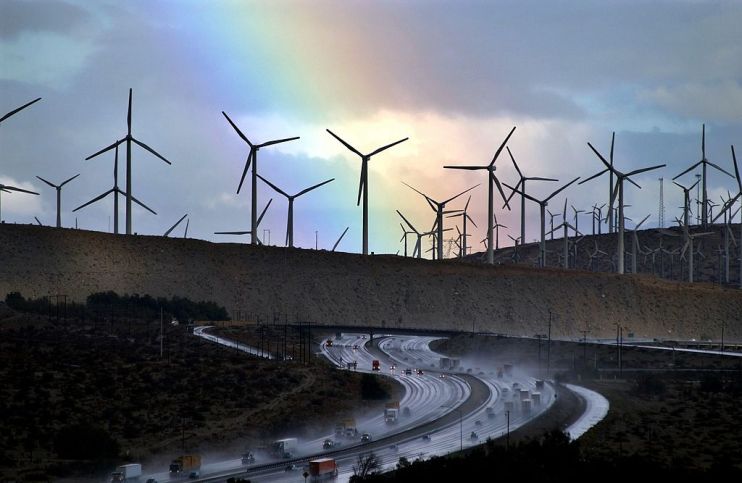Ministers to speed up energy ‘skills passport’ amid worker shortages

The energy secretary will speed up oil and gas workers being able to transition to jobs in the renewable energy industry via a “skills passport” as workforce shortages are “hindering” the sector.
Energy security and net zero secretary Ed Miliband confirmed his department will “provide project management advice” to Offshore Energies UK (OEUK) and Renewable UK.
The industry bodies have been overseeing the creation of the passport, supported by the UK and Scottish governments, which aims to align standards, recognise transferable skills and qualifications such as safety standards, and map out career pathways for suitable roles.
Jointly with Gillian Martin, the Scottish government’s energy and net zero secretary, Miliband said an “initial version” of the document could be shared with workers by January 2025.
Ministers will convene industry-wide stakeholders to progress “mutual recognition and career mapping” and “help expedite delivery of this passport in a timely manner”, the letter added.
Shradha Virji, who represents UK renewable firms at law firm Freeths, welcomed the news and said the industry was “grappling with significant skills shortages, particularly in areas like engineering, project management, and technical maintenance”.
She added: “This gap is hindering the sector’s growth and its ability to meet ambitious sustainability targets. The skills passport could play a crucial role in addressing these shortages by providing a verified, digital record of workers’ skills and qualifications.
“[It] will help bridge the gap between the demand for skilled professionals in the renewables industry and the available workforce, supporting the sector’s expansion and the UK’s transition to renewable energy.”
And Sonya Bedford, energy and natural resources partner at Spencer West LLP commented: “News that the government is speeding up the delivery of a skills passport to support oil and gas workers to move into jobs in renewables is wholeheartedly welcome.
“It is entirely necessary. We find ourselves today with a shortage of a skilled home-grown workforce in this area and are unable to currently deal with the ambitious net zero targets that have been set.
“We need to upskill as many workers as possible and as quickly as feasible if we are to meet our commitments to the roll out of heat networks and heat pumps as well as renewables.”
